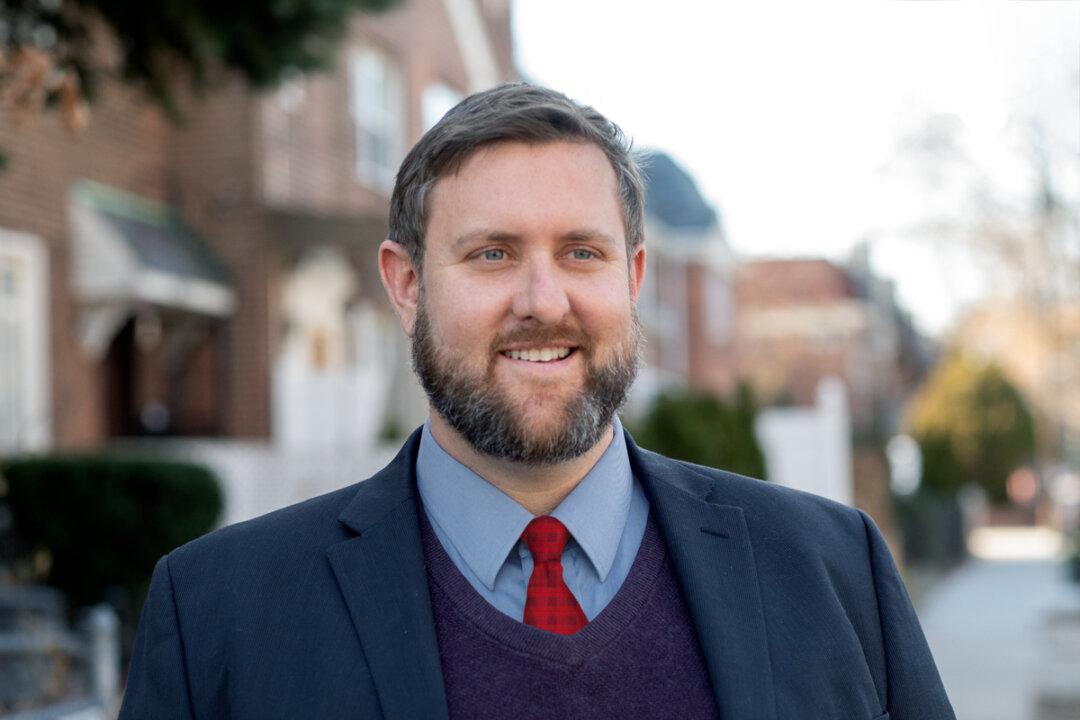New York criminal defense attorney James Magee, a Democrat, has seen firsthand how bail reform hurt the weak and vulnerable that his party vows to protect.
When his district’s state assemblywoman, Catherine Nolan, a Democrat, announced her retirement in February, opening her seat up for the first time in more than three decades, Magee jumped into the race.





